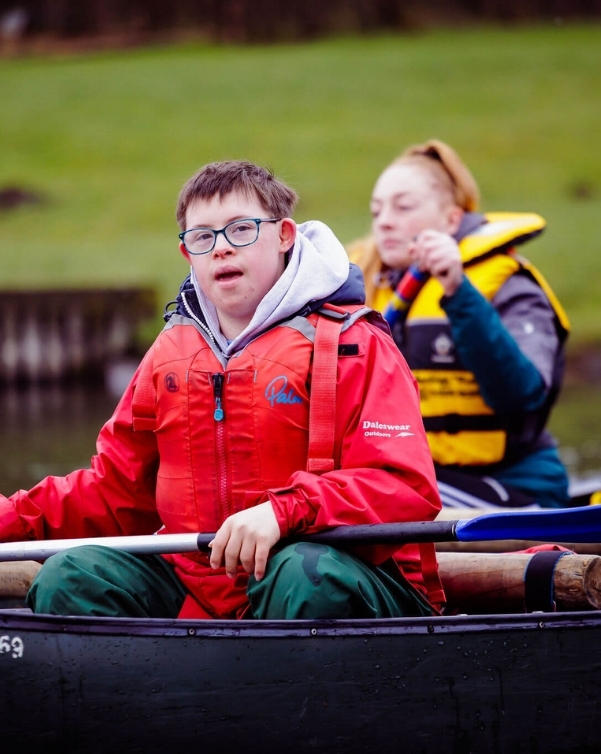Inspiration

Is the outdoor sector ‘disability ready’?
Nick Liley from Bendrigg shares his thoughts on what the outdoor education sector can learn from the UK Government's recently published Disability Action Plan.

Mon-Fri: 9am – 5pm
Sat and Sun closed
508450

Bendrigg Lodge
Old Hutton
Kendal
Cumbria, LA8 0NR
what3words
teaching.emeralds.hiking
We use cookies to make your browsing experience as smooth as possible. Sadly, these aren't the warm, gooey ones your grandma baked, but they're still pretty sweet! These digital cookies help us remember your preferences and serve up content tailored just for you.